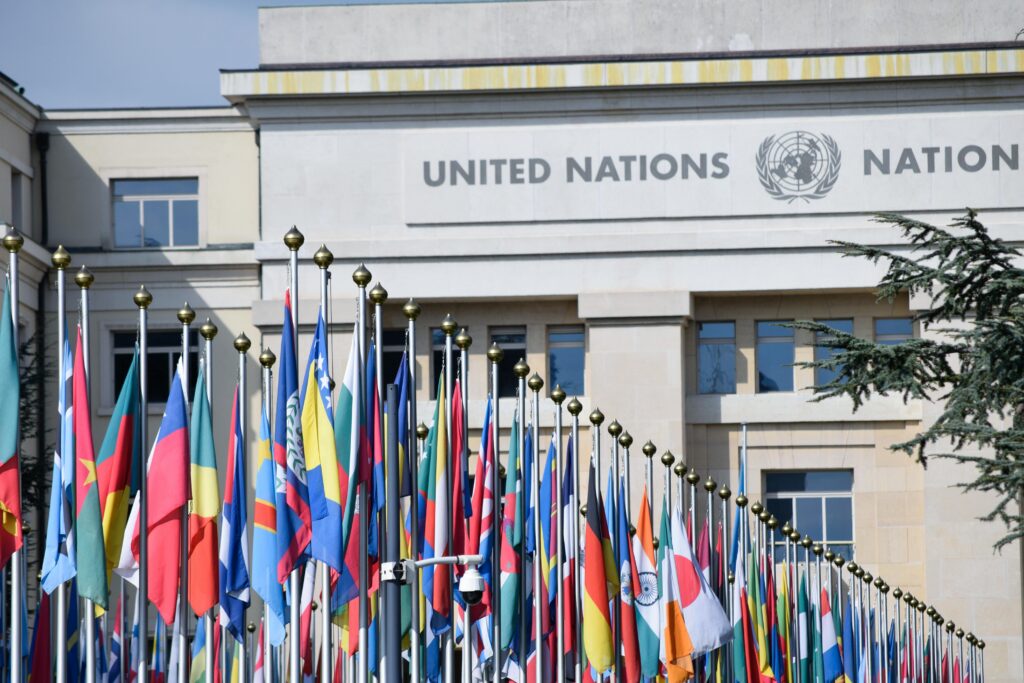
In a significant development, the United Nations General Assembly has unanimously passed a pioneering resolution on artificial intelligence (AI), showcasing a joint effort among nations to regulate and oversee this swiftly evolving technology. Put forward by the United States and backed by over 120 countries, including China, the resolution underscores the critical importance of safeguarding human rights, protecting personal data, and vigilantly monitoring AI for potential risks.
Lauding the resolution, U.S. Ambassador to the United Nations, Linda Thomas-Greenfield, described it as a noteworthy stride towards responsibly managing AI’s impact. She emphasized that all 193 member states had made a proactive choice to steer AI’s trajectory, rather than letting it dictate outcomes.
While the resolution is not legally binding, it highlights the global acknowledgment of the potential risks associated with AI, including threats to privacy, democratic processes, and job stability. It emphasizes the necessity for international collaboration to effectively address these concerns.
Recognizing the increasing significance of AI across various sectors, governments worldwide have been actively engaged in shaping policies to ensure its safe and ethical development. Notably, in November, the U.S., alongside Britain and several other nations, unveiled an international agreement aimed at fostering the creation of secure AI systems.
Despite challenges in enacting comprehensive legislation due to political polarization, the Biden administration has taken steps to mitigate AI risks through executive orders focused on consumer protection, workforce security, and national defense.
The negotiation process for the resolution involved extensive discussions over nearly four months, with active participation from various countries, including those with differing viewpoints like Russia and China. Both nations have demonstrated keen interest in harnessing AI technology for diverse applications, as seen in recent reports of espionage activities utilizing AI tools.
In response to concerns raised by technology companies regarding potential AI misuse, China and Russia have denied allegations of wrongdoing. Nevertheless, this underscores the importance of international cooperation in regulating AI to prevent misuse and uphold global security.
In conclusion, the adoption of the first global resolution on AI by the UN marks a significant milestone in addressing the challenges and opportunities posed by this transformative technology. Looking ahead, continued collaboration and proactive measures will be vital to ensuring that AI serves humanity’s best interests while minimizing potential risks.
